“What do you NGOs actually do?” My dad, mother-in-law, and countless others have asked this at home and at open houses.
NGOs (non-governmental organisations) and the broader civil society groups (CSOs, including informal movements and loose groups) are typically organisations formed independently from the government.
They include various nonprofit entities advocating a wide range of causes: elections, education, human rights, climate change, consumer protections, and so on.
It has been six years since the 14th general election (GE14)’s historic democratic transition. Looking back, it was not just the political landscape that was rapidly changing, but the civil society ecosystem too.
We lack documentation on the actions, strategies, and debates among civil society activists, despite their important roles as key actors in Malaysia’s democratisation. After all, democracy is not just about a bunch of political elites rotating their seats à la musical chairs!
In the aftermath of GE14, there was a vacuum in civil society leadership. This was partly contributed by the exodus of key individuals who either joined politics, the government, or public institutions.
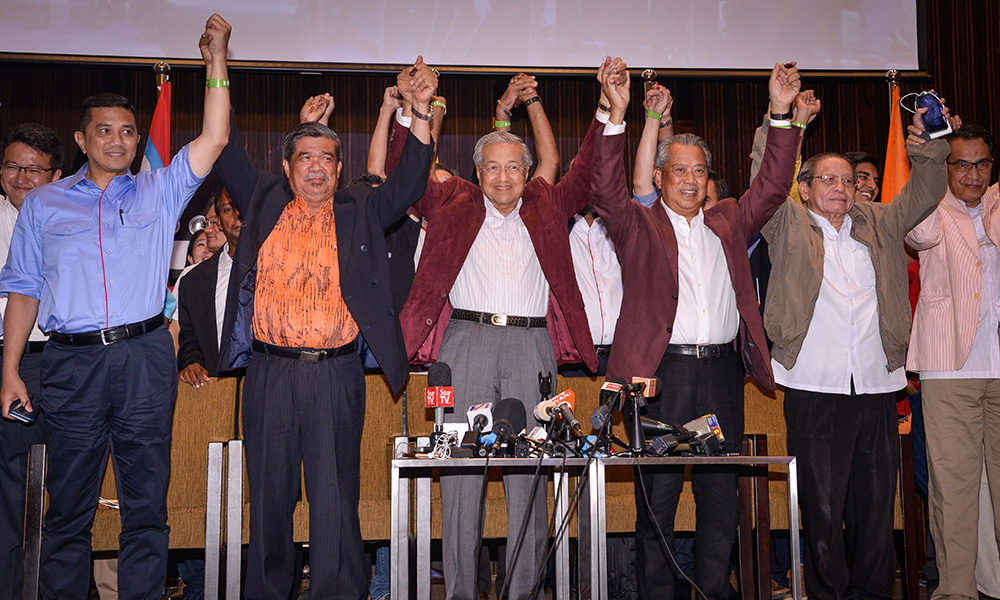
They believed this was a once-in-a-lifetime opportunity to enact change and to implement reforms they had campaigned for, for decades as activists.
Many civil society groups, and I’d argue student movements too, were thus caught in a triple predicament:
i) they were unprepared for the exodus of activists and lacked proper succession planning for continuity
ii) they had different ideas about positioning vis-à-vis the new government e.g. to cooperate or confront
iii) they had to reconfigure which advocacy strategies work best in a different political environment
When reformists no longer reform
Is our job done after Pakatan Harapan won in 2018? No! “Regime change” is only a means to an end, especially when the previous regime was corrupt and refused to change.
I’d argue civil society’s roles have only become more important after 2018 for the following reasons:
i) Former opposition parties that were previously reformist are now increasingly upholding the status quo, rather than changing it. They no longer talk about, let alone execute, their promises to implement electoral reform, abolish the Sedition Act, or not abuse government machinery for campaigning.
ii) The current opposition is ineffective and remains mostly interested in regaining power by any means necessary;
iii) Growing ethnoreligious polarisation between a multiethnic government and a largely monoethnic opposition coalition.
Civil society is the only one in town still harping on reforms. In Malay, we call it #MelawanLupa. The signs were there before 2018 too.
Penang has been under a de facto dominant party rule for 16 years now. The state opposition was hapless, so it fell on civil society groups like Penang Forum to be the voice for check and balance.
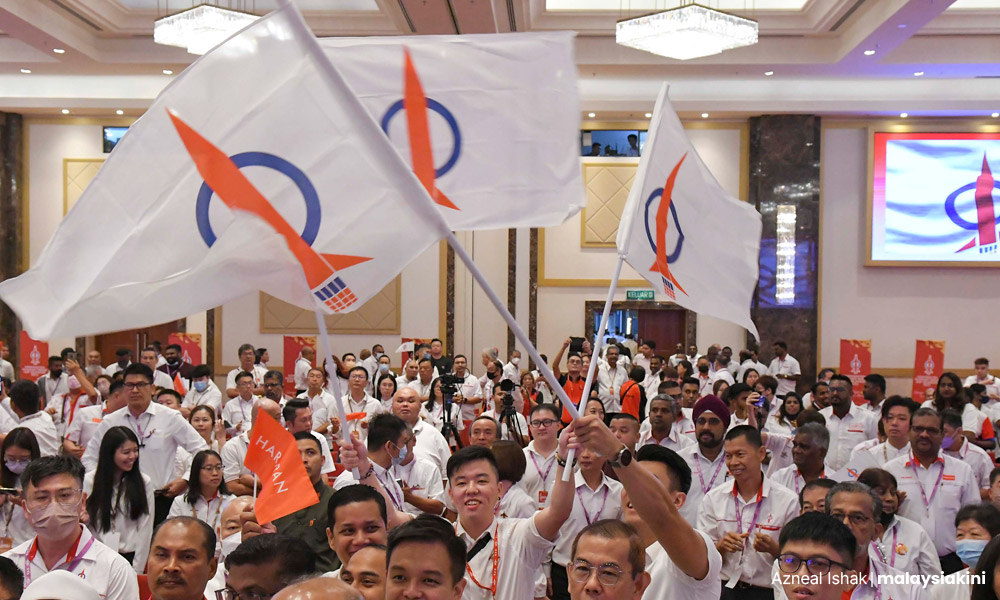
Unhappy with “annoying” civil society activists, some politicians dared the NGOs to form a political party and contest the state election. That is a bad-faith argument and misses the point.
Civil society is not intended to function like a political party. Much like how independent media is a fourth estate, civil society is a ‘fifth estate’ to hold political powers accountable.
Civil society groups are faced with limited resources and manpower, staff turnover, dependency on goodwill of and solidarity from others, and real risks of harm against us by the state apparatus.
Civil society actors run against the grain to effect political, social, and economic change. If we play to our strengths, we can be an effective third force holding both the government and the opposition accountable.
Are civil society groups pro-Harapan?
It is now timely to address a frequently encountered allegation: are we pro-Harapan? This question has been definitively answered in February 2020.
Lawmakers were defecting, the Harapan government was collapsing, Covid-19 cases were surging, and tension was brewing in civil society with the one question in everyone’s minds: do we march?
There were strong merits and objections to whether “Bersih 6” should have happened to protest the Sheraton Move. A big meeting among NGOs was called. In the middle of then-Bersih chairperson Thomas Fann’s explanation over why they decided not to call for a protest (the major concern being Bersih 6 then would be racialised as a protest by non-Malays against a Malay unity govt), some walked out in protest.
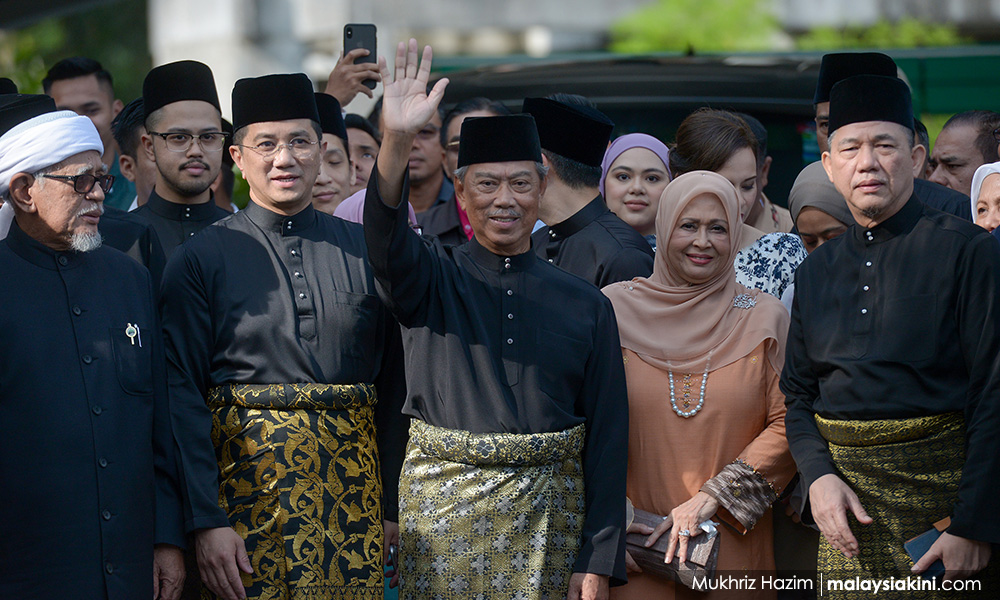
This is not the space to go into it but one thing is clear: the fact that the Harapan government fell and civil society did not come to its rescue conclusively proves that we are independent groups making our own decisions, and are not partisanly tied to any political party, coalition, or politician.
If Bersih’s raison d’etre had been to bring Harapan to victory, we would have marched to rescue it in its dying bed. Bersih and the broader civil society are never “puppets”, “matchmakers”, or “nurses” for any political party or coalition. We are just pro-democracy.
From the streets to Parliament
The times have changed, the public has become more fragmented (no more united by “Asal Bukan Umno”), and some doors are open, thus requiring civil society to change strategies after GE14.
Before 2018, many civil society activists could not freely enter Parliament. Some Bersih leaders were supposedly blacklisted from entering Parliament, and at one point, even “banned” from entering Kuala Lumpur at all!
From 2018 to the present day, you will see many activists in the corridors of Parliament during each parliamentary session – to meet, brief, lobby, agitate, and pressure lawmakers on a variety of issues.
We are taking the fight for reform from the streets to Parliament. Kudos to the speakers of the Dewan Rakyat for keeping a relatively open-door policy to fulfil Parliament’s function as a platform and voice of the people.
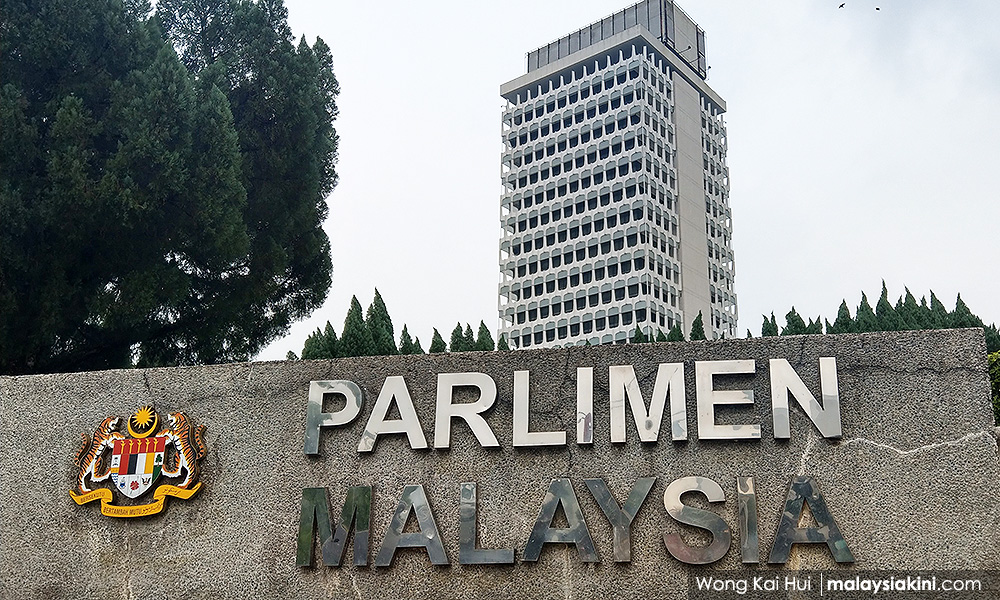
Some felt less compelled to kick down the door and shout to be heard if we were in the meeting room where decisions are made. It may even be counterproductive to be aggressive if we are seen as unconstructive partners who leak information and do not negotiate or facilitate in good faith.
Compared to the old days when the government refused to engage in any capacity and instructed agencies to shut the door on us, civil society now has multiple channels to influence policies and legislations: ministers, Parliamentary Select Committees, All-Party Parliamentary Groups, backbenchers, opposition, and others.
Not all of our work is publicly visible but can be equally important. Some work is done behind the scenes, with varying outcomes. Take, for instance, two efforts that Bersih was heavily involved in: the anti-hopping law (AHL) and the Electoral Reform Committee (ERC).
Bersih worked closely with many MPs, including then-law minister Wan Junaidi Tuanku Jaafar and MP Azalina Othman Said. The group provided provided plans, thought leadership, consultations, and consensus-building for the anti-hopping law.
The law was enacted just before the Parliament dissolved – could anyone imagine the chaos if there was no AHL in the immediate days after GE15? This was a consequential contribution, and though it was the efforts of many, civil society definitely contributed to the change.
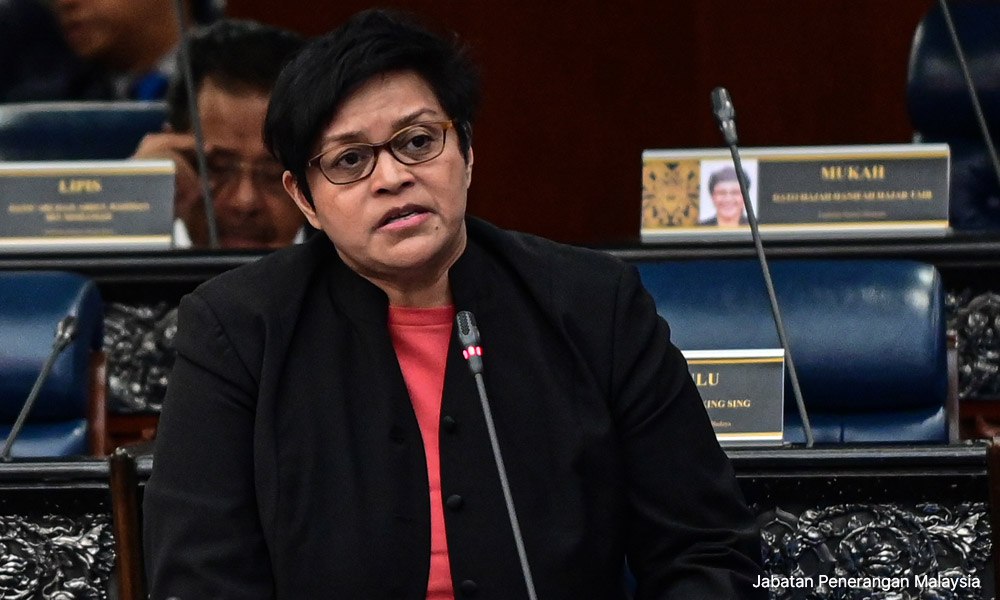
The ERC is a different story. It was a high-level committee set up by then-prime minister Dr Mahathir Mohamad to overhaul the electoral system and regulations. Key personnel from civil society were involved, including several Bersih leaders.
After almost two years of study and national consultation, the ERC report produced 49 major recommendations that would change the game.
Alas, when the ERC submitted the report, the new prime minister Muhyddin Yassin took one look and put it under the Official Secrets Act (OSA). It remains under OSA as neither Ismail Sabri Yaakob nor Anwar Ibrahim showed any interest in declassifying it and looking into doing electoral reform.
There was no concrete outcome despite all the labour, research, and stakeholder engagement that went into it.
Working behind the scenes
This is just one example and sometimes from the outside, it seemed as if Bersih has not been doing anything on electoral reform when there is no news-headlining action. So when people say “Bersih is irrelevant, dead, or does nothing” after the last major rally (Bersih 5), they didn’t see all these efforts, and I don’t blame them. It is just tiring to explain after a while.
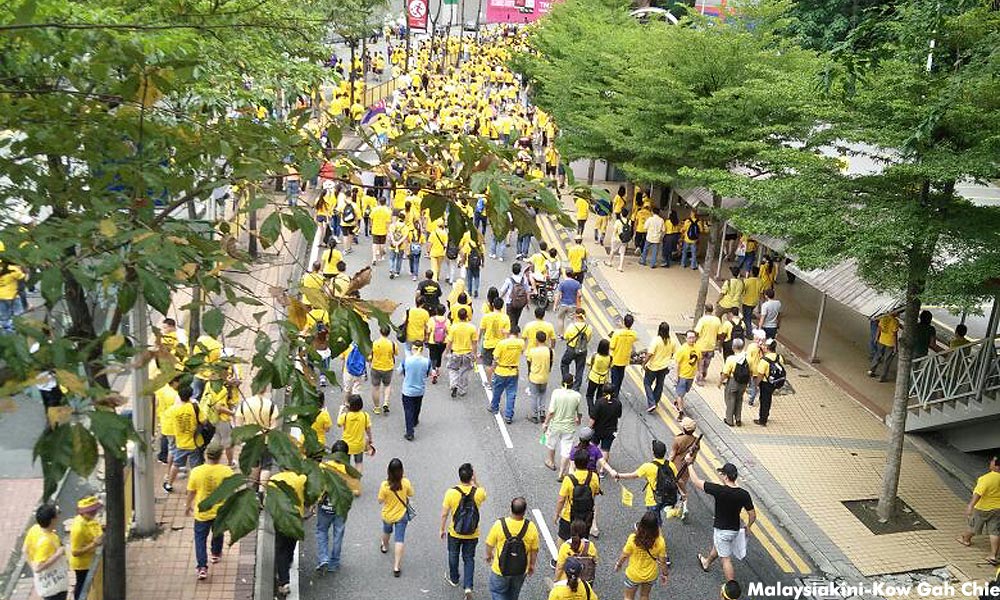
Political financing is another elusive goal. For about 15 years now, groups like Transparency-International Malaysia, Ideas, Bersih, and the tenacious Professor Edmund Terence Gomez (now chairman of C4 Centre) have campaigned for comprehensive legislation to regulate the influence of money in politics.
In my view, the current attempt is the most promising: we have developed a proposed bill, and the Parliamentary Special Select Committee, All-Party Parliamentary Group, and the law minister have all taken a look.
Sometimes you are almost at the finishing line, crossing it would herald a major legislation changing the rules of the game, but if for some reason the rug underneath your feet got pulled, you fall back to square one having to run the entire marathon again.
This happens, for example, when a government collapses and therefore you have to start lobbying/winning a new group of people again. Occasionally, the public and funders blame civil society for not showing “results” for all that advocacy (despite us having no real policymaking power).
When frustrated with a lack of progress, I am humbled by a story shared by feminist activists who relentlessly campaigned for 30 years before the anti-stalking law came to fruition.
In comparison, the campaign to lower the voting age to 18 years old (Undi18) was achieved in just five years, from the conception of the movement, to legislation, to implementation by the government.
Keeping activism alive
Our actions and agency matter, but so do the political opportunities and social conditions at the time that dictate the effectiveness and limits of our efforts at a given point in history.
Thus, some campaigns by civil society can be achieved in the short run, while others only bear fruition in the long haul. Activists need a long-term perspective and develop persistence to stay in the game for a long time and avoid burning out and becoming disillusioned after a few setbacks.
One activist I admire is S Arulchelvan (now PSM deputy chairperson). He has been doing this activism gig since his student days in UKM, it took him 10 years to register PSM, and he faced many arrests and “failures”.
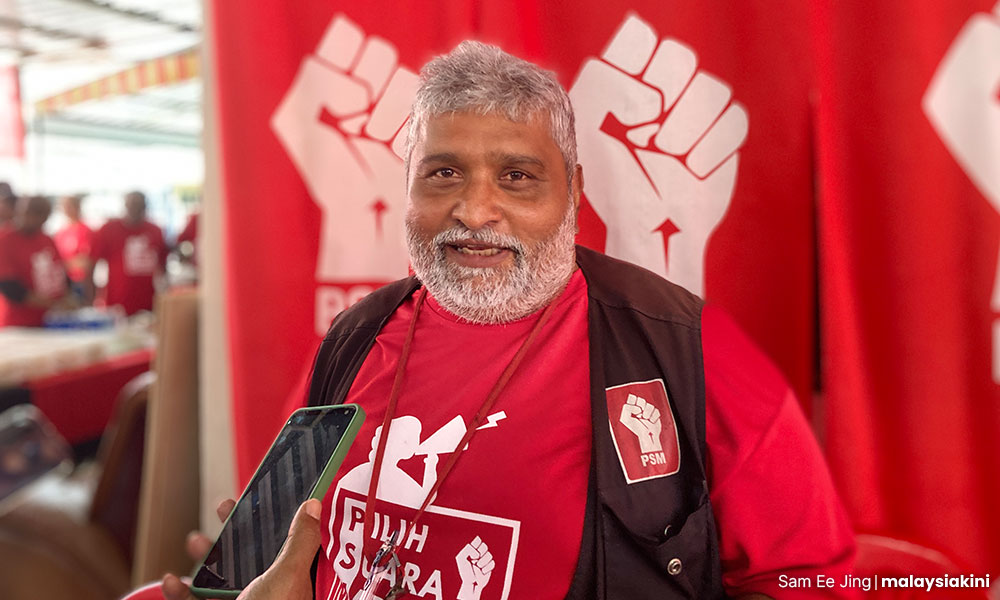
But Arul is never bitter and always full of encouragement and optimism, and he realised the imperative to be both principled and pragmatic enough to build a broader collective front to achieve common goals.
In this era where “all that is solid melts into thin air” and politicians change tones and exchange principles like footballers in a transfer season, civil society activists function like a modern-day Socrates who interferes with the status quo of society by posing novel, potentially upsetting questions, usually directed at authorities.
“I am that gadfly which God has attached to the state, and all day long I am always fastening upon you, arousing and persuading and reproaching you.”
Two thousand years after Socrates allegedly uttered those words, Malaysia’s own saudara Arul summarised activism as thus:
“[We] are like [annoying] mosquitoes… a type of insect that is feared, especially in this context, by capitalists, religious extremists, and their allies.”
OOI KOK HIN is a political sociologist who dabbles in civil society.
This article is part of a series on the sixth anniversary of the watershed May 9, 2018 general election.
The views expressed here are those of the author/contributor and do not necessarily represent the views of MMKtT.




No comments:
Post a Comment
Note: Only a member of this blog may post a comment.